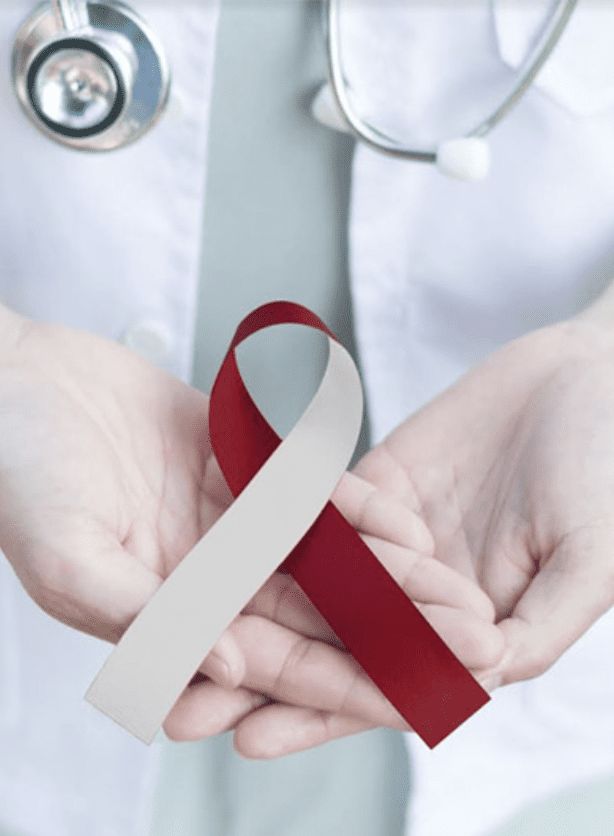Oral Cancer checks at the dentist

Can you visit a dentist for Oral Cancer?
Yes, you can certainly visit the dentist for an oral cancer check. Dentists play a crucial role in detecting oral cancer early. During your regular dental check-ups, a dentist will often perform a thorough examination of your mouth, including your lips, tongue, gums, and the inside of your cheeks. They will look for any unusual changes, lesions, or abnormalities that might be indicative of oral cancer or other oral health issues.
If your dentist notices anything suspicious, they may recommend further tests or refer you to a specialist for a more in-depth evaluation. Early detection is key to improving the prognosis and treatment outcomes for oral cancer, so regular dental check-ups can help identify potential issues in their early stages.
It’s worth noting that not all dental appointments include a comprehensive oral cancer screening unless you specifically request it or if your dentist routinely includes it as part of their examination protocol. If you have concerns about oral cancer or want to ensure that you receive a thorough screening, you can discuss this with your dentist and ask for an oral cancer check during your appointment.
What is Oral Cancer?
Oral cancer, also known as mouth cancer or oral cavity cancer, refers to cancer that develops in the tissues of the mouth or oral cavity. This includes the lips, tongue, cheeks, gums, the roof and floor of the mouth, the back of the throat, and the tonsils. Oral cancer can manifest as a malignant tumour that grows uncontrollably and invades nearby tissues.
Like other types of cancer, oral cancer begins when normal cells undergo genetic mutations that cause them to grow and divide at an abnormal rate. Over time, these mutated cells can form a mass or tumour. If left untreated, oral cancer can spread to other parts of the body, a process known as metastasis.
Risk factors for developing oral cancer include:
- Tobacco Use: Smoking cigarettes, cigars, pipes, and using smokeless tobacco increases the risk of oral cancer.
- Alcohol Consumption: Heavy and frequent alcohol consumption is linked to a higher risk of oral cancer.
- Human Papillomavirus (HPV) Infection: Certain strains of HPV are associated with an increased risk of oral cancer.
- Poor Diet: A lack of fruits and vegetables in the diet may contribute to the development of oral cancer.
- Sun Exposure: Prolonged exposure to the sun can increase the risk of lip cancer.
- Age: The risk of oral cancer increases with age, particularly after the age of 45.
- Gender: Men are more likely to develop oral cancer than women.
- Family History: A family history of cancer may elevate the risk.
Symptoms of oral cancer may include:
- Persistent mouth sores or ulcers that do not heal.
- Red or white patches in the mouth.
- Persistent pain or discomfort in the mouth or throat.
- Difficulty or pain while chewing, swallowing, or speaking.
- Changes in the fit of dentures.
- Unexplained weight loss.
- Swelling or lumps in the mouth or neck.
Early detection of oral cancer is crucial for successful treatment. Regular dental check-ups can help identify any suspicious changes in the oral cavity. If any unusual symptoms are noticed, it’s important to consult a dentist or a medical professional for further evaluation and diagnosis. Treatment options for oral cancer may include surgery, radiation therapy, chemotherapy, targeted therapy, or a combination of these approaches, depending on the stage and location of the cancer.

Are oral cancer screenings necessary?
Yes, oral screenings are important for maintaining good oral health and detecting potential issues, including oral cancer, in their early stages. Regular oral screenings conducted by dental professionals can have several benefits:
- Early Detection: Oral screenings help identify any abnormalities, lesions, or changes in the oral cavity at an early stage. This is particularly crucial for detecting oral cancer, as early treatment can significantly improve the chances of successful outcomes.
- Preventive Care: Regular screenings allow dentists to catch and address oral health issues before they worsen. This can help prevent the development of more serious conditions and the need for more invasive treatments.
- Improved Prognosis: Detecting oral cancer or other oral health problems early can lead to more effective treatment options and higher chances of successful outcomes.
- Education and Awareness: During oral screenings, dentists often provide information and guidance on maintaining good oral hygiene practices and making healthy lifestyle choices that can reduce the risk of oral health problems.
- Personalized Recommendations: Dentists can offer personalized recommendations based on your oral health status, addressing concerns and suggesting interventions to improve your oral well-being.
- Peace of Mind: Regular screenings can provide you with peace of mind, knowing that your oral health is being monitored by professionals who are trained to detect potential issues.
